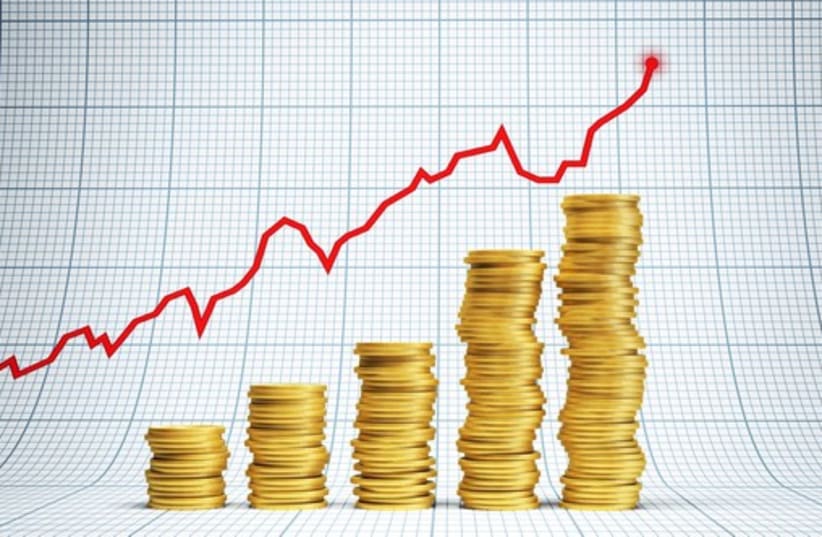As we progress into the second half of 2024, the secondary market for tech company shares is showing robust signs of recovery and renewed investor confidence. Recent data from leading secondary platforms reveals significant trends that highlight a stabilization in this market after a period of volatility.
Recovery and stabilization
Data from The Elephant Sentiment Report indicates that the secondary market for tech shares has been stabilizing throughout the first half of 2024. Sellers are becoming increasingly discerning, showing less willingness to offload their shares at substantial discounts. This behavior signals a restored confidence in future valuations and company performance, suggesting that the market is adjusting to more sustainable levels, after the intense corrections of the past few years.
Similarly, Forge Global’s data supports this trend, showing a narrowing of the severe discounts that characterized the market in the immediate aftermath of the 2021 surge. Both platforms report early signs of a cautious recovery, with investors gradually returning to secondary shares in sectors with high growth potential, such as artificial intelligence and cybersecurity.
Sector-specific resilience
Certain sectors are spearheading the recovery. The Elephant’s data highlights that areas such as artificial intelligence (AI), cybersecurity, and fintech have shown remarkable resilience, maintaining strong investor interest, despite broader market fluctuations. For instance, companies like OpenAI and Anthropic continue to draw significant investment, underscoring the ongoing excitement around AI technologies. Similarly, the cybersecurity and fintech/crypto sectors are witnessing robust trading activity, driven by their crucial roles in the modern digital economy.
These sectors are perceived as pivotal drivers of future growth, and their performance is a positive signal for the secondary market, indicating where investors see sustainable value.
Understanding the 2021 surge and its aftermath
To appreciate the current recovery, it is essential to understand the historical backdrop. Until early 2021, the secondary market adhered to well-established norms. Common shares, typically held by employees and early founders, generally traded at a 30-50% discount compared to preferred shares from the latest fundraising rounds. This discount was due to the lower financial rights and lack of liquidation preferences associated with common shares.
However, 2021 marked an unprecedented deviation from this norm. Driven by massive demand and soaring valuations, common shares in secondary transactions began to trade at premiums above the latest preferred round prices. This surge was fueled by extraordinary investor enthusiasm and rapid increases in tech valuations, making recent round prices quickly seem outdated.
Market correction and realignment
As the tech sector faced significant challenges beginning in mid-2022, these premiums on common shares began to fade. By the middle of 2022, the market had reverted to traditional discount levels, with common shares trading at around a 30% discount. This shift continued into 2023, with discounts deepening further, reflecting a broader market correction and a recalibration of investor expectations.
Data from both platforms illustrates that the secondary market has undergone significant realignment. The deep discounts seen in the post-2021 period often exceeded historical norms, as investors recalibrated their strategies in response to broader market adjustments.
Market outlook for the rest of 2024
The updated data underscores the secondary market’s recovery. After a year of significant upheaval among unicorn shareholders, including employees and former employees, optimism is returning to the secondary market. Sellers are no longer rushing to divest their holdings at steep discounts, reflecting a renewed confidence in the potential for sustained growth and value.
The writer is co-founder and CEO of The Elephant Group.

